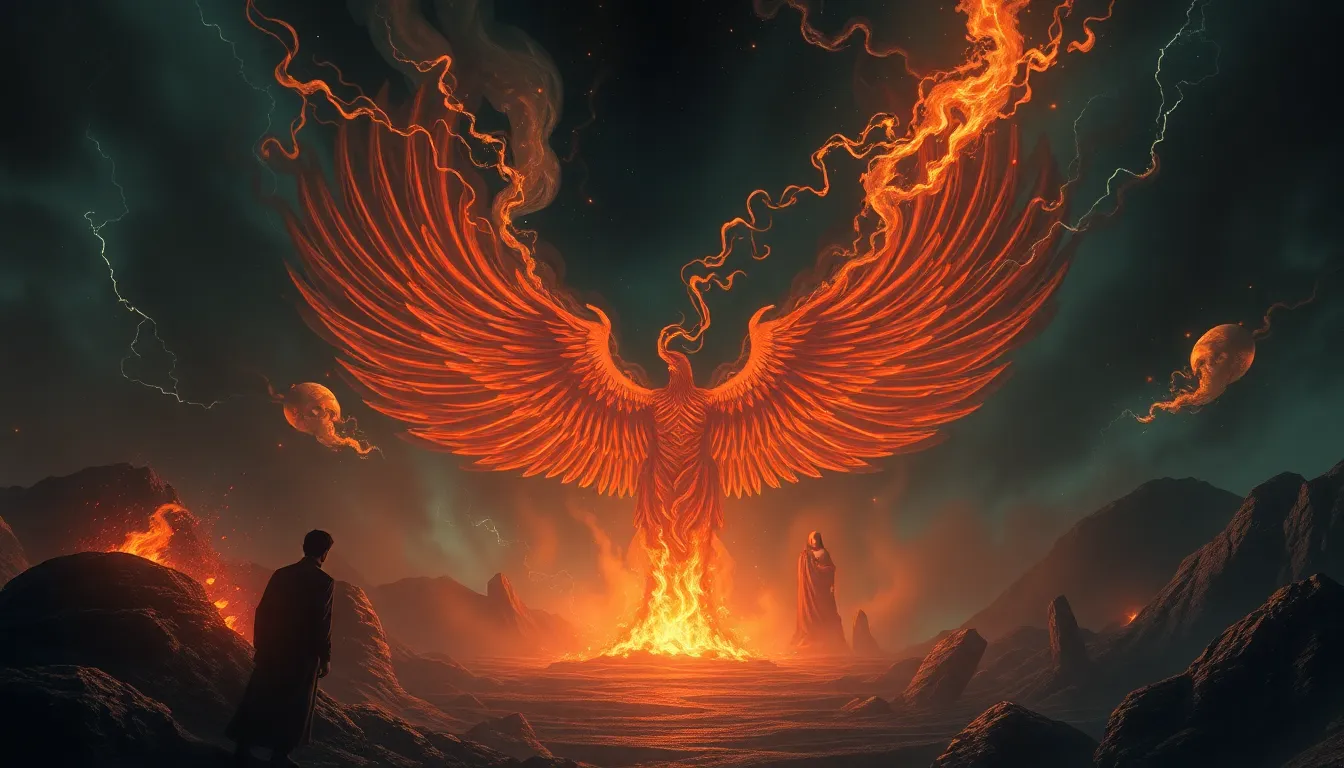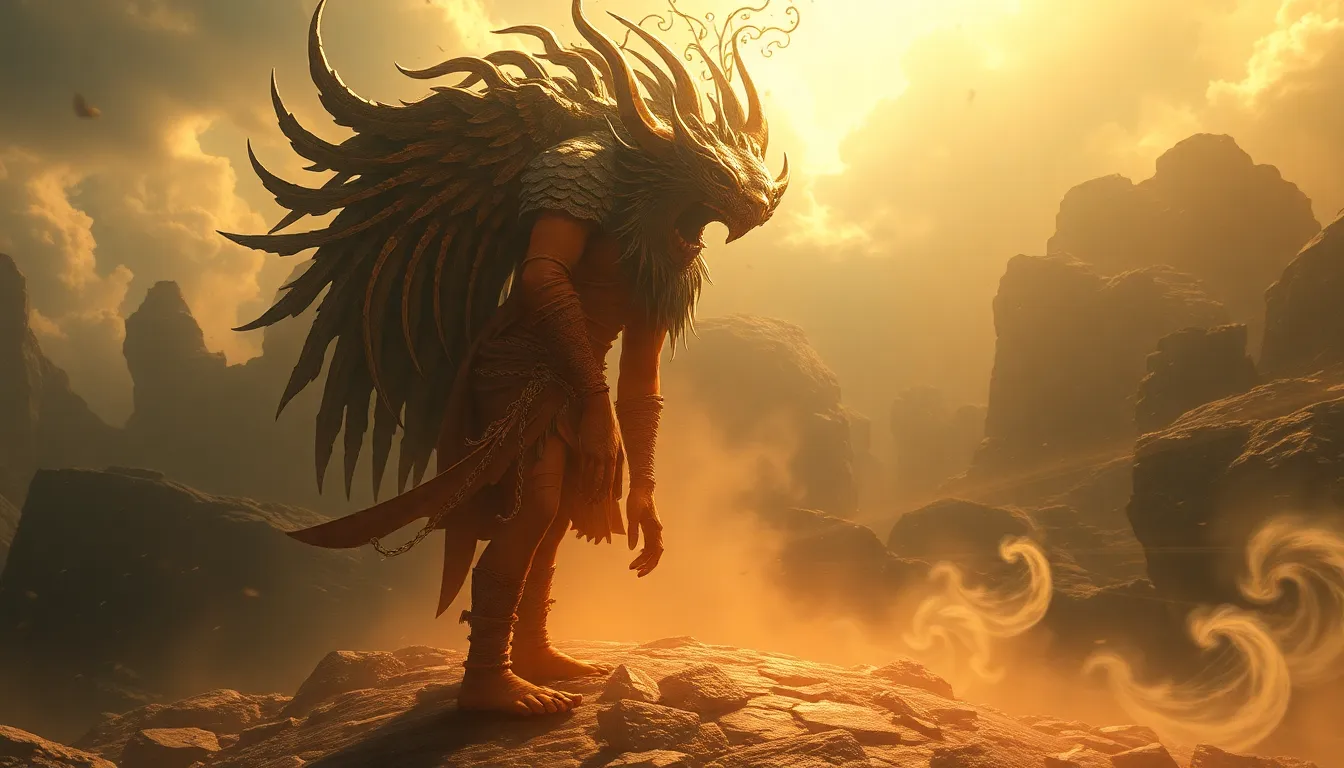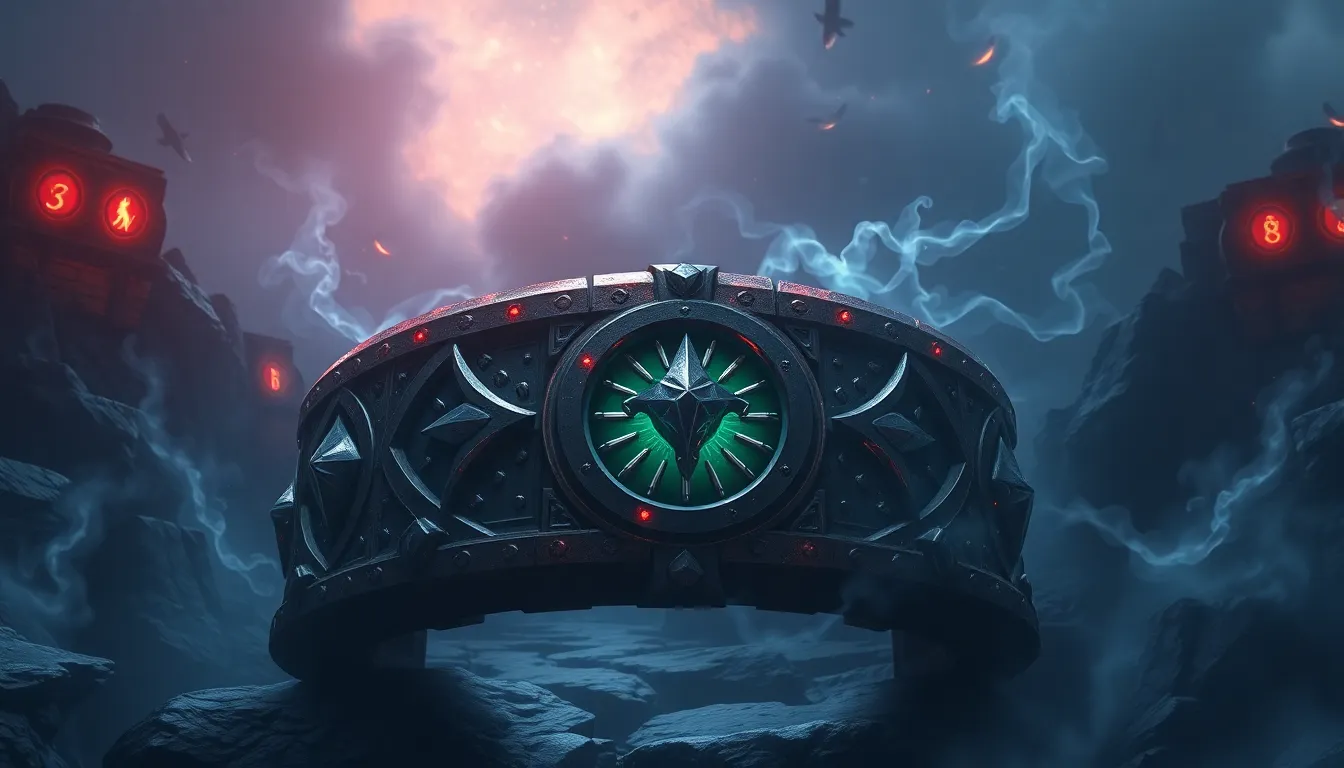Divine Trials Unveiled: The Secrets Behind Mythical Challenges
1. Introduction to Divine Trials
Divine trials are challenges or tests imposed by gods or divine beings in various mythologies. These trials often serve as pivotal moments in the narratives of heroes, shaping their destinies and teaching profound lessons. Across cultures, these challenges hold significant importance, symbolizing the struggle between good and evil, the journey of self-discovery, and the moral dilemmas faced by humanity. This article aims to explore the origins, purposes, themes, and modern interpretations of divine trials, providing insights into their lasting impact on human experience.
2. Historical Context of Mythical Challenges
The concept of divine trials can be traced back to ancient civilizations, where myths served not only as entertainment but also as moral guides. Key mythologies featuring divine challenges include:
- Greek Mythology: Where heroes like Hercules faced the Twelve Labors.
- Norse Mythology: Featuring trials that tested the strength and wit of gods and mortals alike.
- Hindu Mythology: Where epic tales like the Ramayana depict significant trials faced by divine avatars.
These trials played a crucial role in storytelling, imparting lessons on virtue, bravery, and sacrifice, thus enriching cultural narratives and shaping societal values.
3. The Purpose of Divine Trials
Divine trials serve several essential purposes in mythology:
- Testing Character and Virtue: These challenges reveal the true nature of the hero, often exposing weaknesses and strengths.
- The Journey of Transformation and Growth: Characters often undergo significant personal growth through their trials, emerging wiser and more resilient.
- Establishing the Hero’s Journey Archetype: Many stories follow this archetype, where the hero faces trials that lead to their ultimate achievement or enlightenment.
4. Common Themes in Divine Trials
Throughout various mythologies, certain themes consistently emerge in divine trials:
- Sacrifice and Redemption: Heroes often must sacrifice something valuable to achieve their goals, reflecting the moral imperative of selflessness.
- The Interaction Between Mortals and Deities: These trials often illustrate the complex relationships between divine beings and humans, highlighting both assistance and opposition.
- The Struggle Between Fate and Free Will: Characters frequently grapple with their destinies, questioning the extent of their control over their lives.
5. Iconic Divine Trials from Various Mythologies
Numerous trials stand out in the annals of mythology. Some notable examples include:
- Hercules’ Twelve Labors: Each labor posed a formidable challenge, testing Hercules’ strength and ingenuity.
- Odysseus’ Journey: His trials during the journey home from the Trojan War symbolize perseverance and cunning.
- The Ramayana: Depicts Lord Rama’s trials in his quest to rescue Sita, emphasizing duty and righteousness.
These trials impart valuable lessons, such as the importance of resilience, intelligence, and moral integrity. They also reflect the values of the cultures from which they originate, showing how challenges can lead to growth and understanding.
6. Symbolism and Archetypes in Divine Trials
Divine trials are rich in symbolism and archetypes. Common symbols include:
- Labyrinths: Representing complex journeys and the search for truth.
- Monsters: Symbolizing internal fears or external challenges that must be overcome.
- Rivers: Often signifying transitions or the passage from one state of being to another.
Archetypal characters involved in these trials often include heroes, mentors, and antagonists, each playing a vital role in the narrative. The psychological significance of these symbols resonates deeply, reflecting universal human experiences and struggles.
7. The Role of Divine Beings in Trials
Gods and goddesses often play a crucial role in shaping the trials faced by mortals:
- Influence: Deities may provide challenges to test, teach, or punish heroes.
- Duality: Divine beings may assist or obstruct heroes, embodying the complexity of divine intervention.
- Case Studies: For instance, Athena’s guidance of Odysseus reflects divine support, while Poseidon’s wrath illustrates opposition.
8. Modern Interpretations of Divine Trials
The influence of mythical challenges extends into contemporary literature and media. Examples include:
- Films: Movies like “The Lord of the Rings” showcase characters facing trials that echo ancient narratives.
- Novels: Books such as “Harry Potter” depict modern heroes overcoming obstacles that parallel traditional divine trials.
- Video Games: Many games feature characters on quests that involve significant challenges and moral choices.
The relevance of divine trials remains strong in today’s society, as these narratives continue to resonate with the human experience, encouraging reflection on personal growth and resilience.
9. Personal Reflection and Application of Divine Trials
Mythical challenges often mirror personal struggles that individuals face in their lives:
- Reflection: Readers are encouraged to contemplate their own trials and the lessons learned from them.
- Application: The virtues exemplified in divine trials, such as courage, perseverance, and wisdom, can be applied to everyday challenges.
- Growth: Embracing these trials can lead to profound personal development and understanding.
10. Conclusion: The Lasting Impact of Divine Trials
In summary, divine trials serve as a powerful narrative device across cultures, imparting essential lessons about character, resilience, and morality. Their enduring legacy shapes human experience and understanding, reminding us of the transformative power of challenges. As we embrace our trials, we embark on a path toward enlightenment and growth, echoing the heroes of myth through our own journeys.



